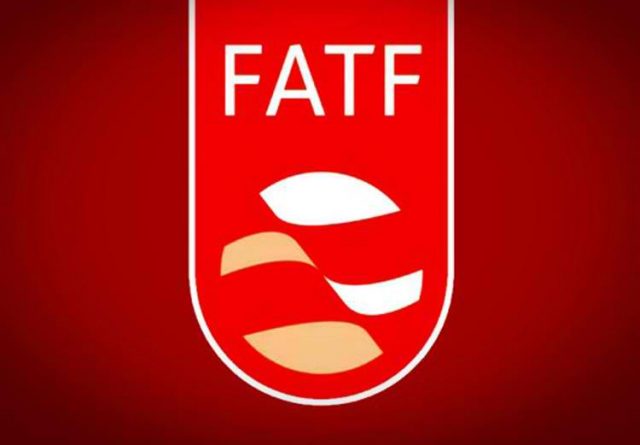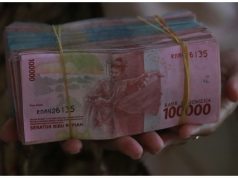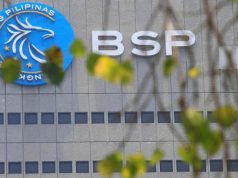JAKARTA – Indonesia has issued new regulations aimed at curbing money laundering and terror-related financing across a broader range of financial service providers, including money changers, credit card issuers and electronic money providers.
The move is part of efforts by Indonesia to bring rules up to international standards and join the Financial Action Task Force (FATF), an inter-governmental body fighting money laundering.
Indonesia was taken off an FATF blacklist two years ago.
The new regulations, issued by Bank Indonesia (BI), cover transactions handled by non-bank financial institutions and were made public on its website on Wednesday.
BI said the new rules balanced a need to contain the risks of money laundering and terrorism-related financial crimes and promoting economic growth.
Eny V. Panggabean, BI’s executive director of payment system regulation, said the rules also addressed “developments in the industry, digital economy and innovations in payments that include a more complex money changer business”.
The new BI regulations cover credit card issuers, electronic money providers, remittance and money transfer companies as well as fintech startups.
Service providers now have to have an up-to-date list on alleged militants, radical organizations and individuals linked to the proliferation of weapons of mass destruction in order to cross check with customers.
They must also assess customer risks depending on the country origin of an incoming transfer or the destination of outgoing transfers, and must not engage with so-called shell banks, which don’t have a physical presence in a country where they are incorporated.
Companies should report anything suspicious to the financial transactions watchdog.
A financial service provider that fails to follow the rules could have its license revoked and directors, commissioners or shareholders banned from the financial services business for five years.
A similar regulation was introduced a few months ago by the Financial Services Authority (OJK) for financial conglomerates, banks, insurance companies and other bigger players in the industry. The OJK rules also elaborated on procedures to handle suspicious transactions.
Indonesia was put on an FATF list of jurisdictions with weak measures to combat money laundering and terrorism financing in 2012. In 2015, the FATF declared Indonesia off the blacklist due to progress in improving regulations.









